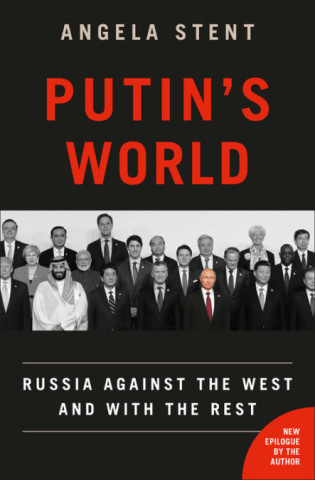As Russian President Vladimir Putin enters his fourth presidential term, the country continues to assert itself on the world stage, including through interventions in Georgia, Ukraine, and Syria, and by tampering in democratic elections around the globe. At the same time, Russia’s economy is under increasing pressure—partly a result of Western sanctions and national overdependence on oil.
On March 13, three noted experts on Russia joined Angela Stent, a nonresident senior fellow at Brookings, to discuss her book, “Putin’s World: Russia against the West and With the Rest.” The book traces two decades of Russian foreign policy beginning with Boris Yeltsin’s resignation and Putin’s ascendancy to the presidency in 1999. Throughout, Stent analyzes Putin’s policymaking around key domestic and international developments to understand why Russia broke bad, the West’s role, and how should the United States deal with Russia in the future.
Stent provided opening remarks about the book’s central themes and questions. Following her remarks, Brookings’s Distinguished Fellow Strobe Talbott moderated a conversation between Stent, David M. Rubenstein Fellow Alina Polyakova, and Keir Giles of Chatham House. The discussants debated the implications of Putin’s leadership and policies for smaller states in Russia’s near abroad, as well as for democratic backsliding in Central Europe and the rise of great power competition—notably, with China.
At the end of the event, the discussants took questions from the audience.
The Brookings Institution is committed to quality, independence, and impact.
We are supported by a diverse array of funders. In line with our values and policies, each Brookings publication represents the sole views of its author(s).





Commentary
Experts discuss the view from Putin’s world
March 27, 2019